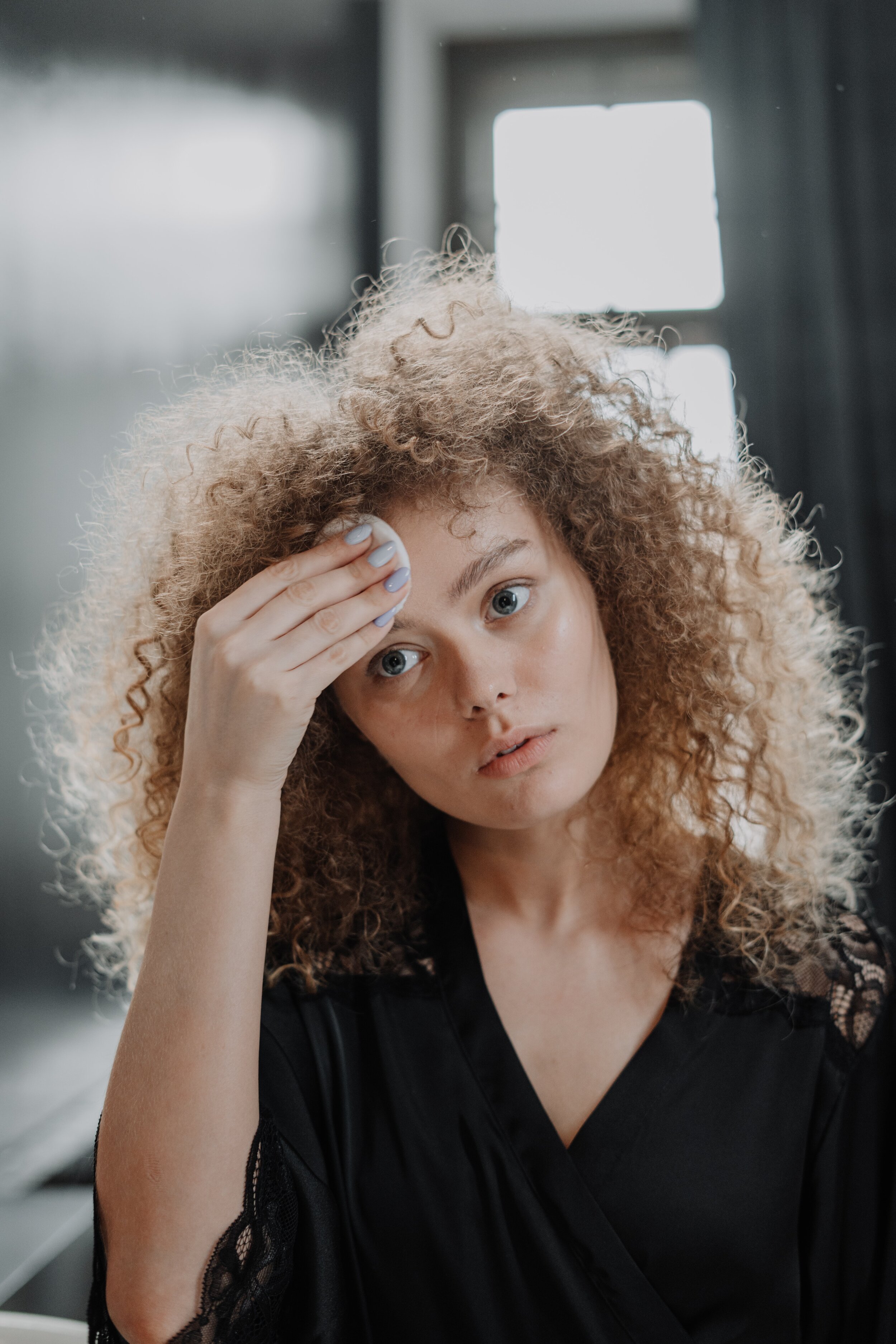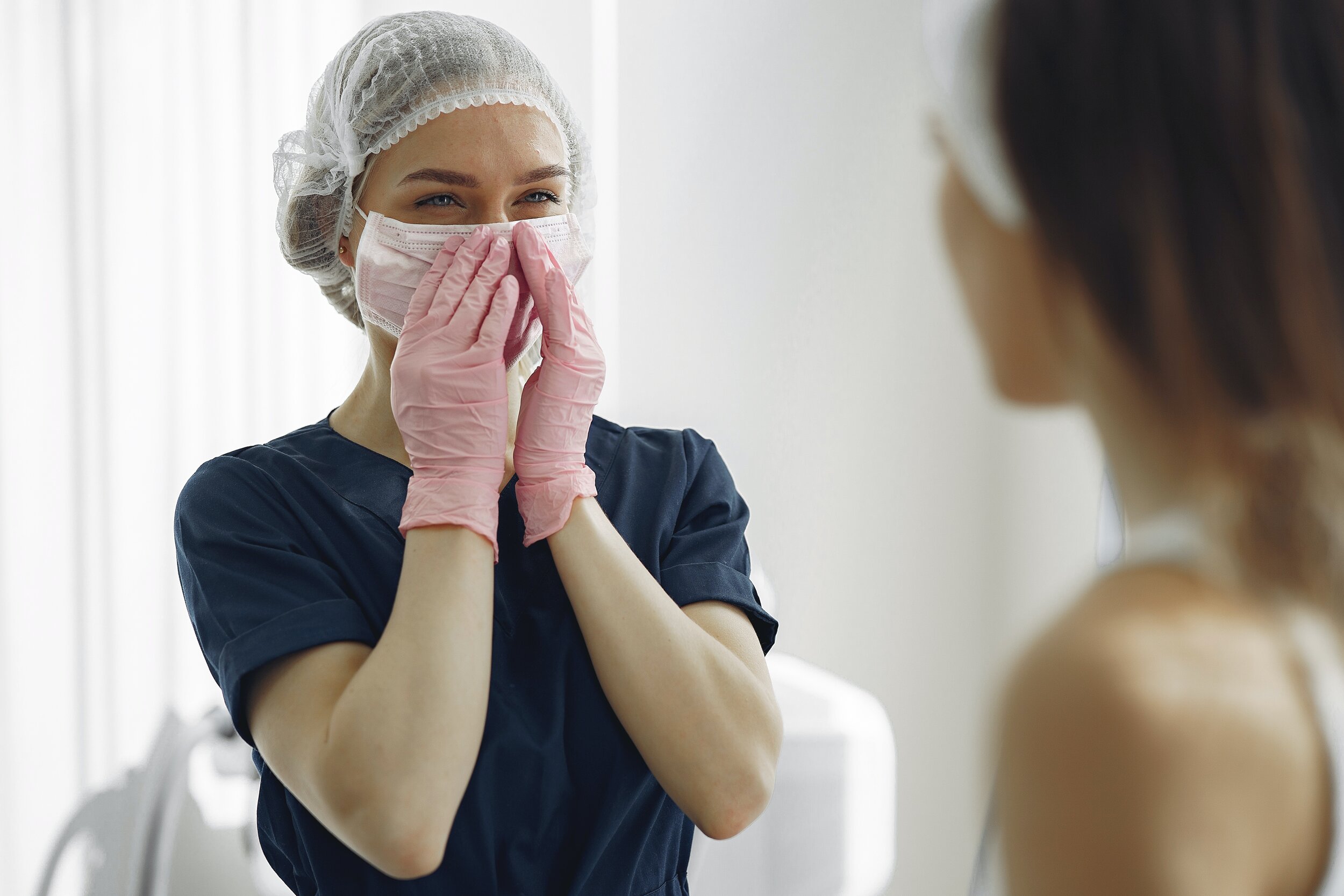
Welcome to The Aesthetics Edit™ - our educational platform at the intersection of art, beauty, medicine and science.
Explore by category and read our latest articles below,
or see a full list of all of our pieces here

The Anatomy of a Great Skincare Routine: Let’s Learn the Basics
When I first become more and more interested in the world of skincare, I took one look at all the products and routines out there and I was baffled. Why was it so complicated? Why is everyone saying something different? How do I cut through all the noise and just get down to the basics? Well we have done just that for you. We’re going to outline the basics of a great skincare routine for you, and highlight common mistakes we’ve all made.

Why People Love to Hate Aesthetic Medicine
I come from a surgical background, and as much as I love it - it’s not always the most healthy environment. I have seen so many stunning female surgeons be chased out of the field - it’s sad, heartbreaking, shouldn’t happen - But also it’s the reality.
Here’s the beautiful thing about aesthetic medicine. It is the most female-centric, inclusive specialty I’ve ever come across. This doesn’t just apply to the medics. It is kind, it is inclusive, and it is non-judgmental.
We don’t judge our patients.
We don’t judge each other.
We just support, mentor, nourish, and work so so hard to do our best.

Why I got Botox in my 20s: A Nurse Explains Why She Loves Injectables
Hannah is a clinical nurse in a busy city hospital. She is young, a smart and savvy working professional, naturally gorgeous with beautiful skin, and has an extensive medical background. And guess what? She has had - and loves - Botox. Get the story from a medical professional as she explains why she got Botox in her 20s.

Everything You Ever Wanted to Know About Retinoids
Have you heard about retinoids? Cosmetic doctors, dermatologists, plastic surgeons, and skincare scientists swear by it. Retinoids are often considered a “gold standard” in the treatment of skin rejuvenation due to their ability to increase the rate of cell turnover. They have been clinically proven to help diminish the appearance of fine lines and wrinkles, shrink the appearance of pore size, smooth out uneven skin tone and texture, as well as diminish the signs of photo-ageing. But how exactly does it work, and how can you safely add it into your skincare routine?

What is Medical-Grade Skincare, and is it Actually Better?
What is medical-grade skincare? And is it really better?
The answer is a lot more complicated than you think!
Get the facts and some myth-busting from an aesthetic doctor.

The History of Plastic Surgery Begins in Ancient Egypt: The Mystery of the Edwin Smith Papyrus
The history of aesthetic medicine is firmly ensconced in the history of plastic surgery, and the story plastic surgery itself is endlessly fascinating - beginning in the ancient world and blossoming in the wake of two bloody and horrific world wars. You could argue that the story of plastic surgery starts in the ancient Egypt. When the mysterious Edwin Smith Papyrus was finally translated, less than a hundred years ago, it was found to describe the first recorded nasal reconstruction, how to deal with facial fractures and gaping facial wounds, as well as basic techniques in trauma and trauma surgery.

The Basic Structure of Skin
Let’s talk the structure of skin and some science. It is such a surprisingly complex, sophisticated, clever organ!

What is “Medical Aesthetics?”
Broadly speaking, medical aesthetics includes all medical treatments that are focused on improving the cosmetic appearance of patients. Medical aesthetics sits in a beautiful little niche in between the beauty industry and plastic surgery. Qualified doctors, nurses, or dentists can provide a multitude of stunning tweak-ments to improve your appearance.














The concept of “Instagram face” is not a new one, but has received more recent attention as Meta has banned filters that encourage plastic surgery. Awareness of the role that social media and photo editing plays in aesthetic medicine is incredibly important for both clinicians and patients. The influence of social media can be incredibly negative, and it means it’s more important than ever to navigate between good, ethical medical practice versus “selling” cosmetic procedures.